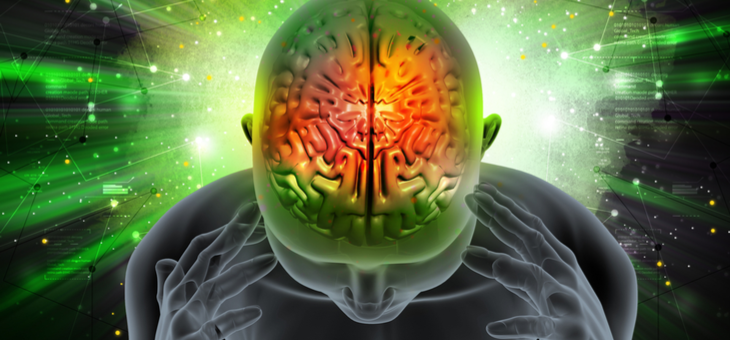Melbourne University researchers have stumbled upon a diagnostic tool that can predict the onset of dementia 10 years before the first signs of cognitive decline are apparent.
In 2017, dementia was the second leading cause of death in Australia, with 13,730 lives claimed by the disease, according to the Australian Bureau of Statistics.
Twice as many women than men die from dementia-related causes.
The researchers found that early brain atrophy, where the grey matter shrinks and dies, can be picked up by MRI scans, and the information used to pinpoint which individuals were more likely to develop the fatal disease.
Reporting in the journal Brain Imaging and Behaviour, the team tested 60 women aged around 59 and measured “changes in verbal episodic memory and executive function over a 10-year period”.
Led by Cassandra Szoeke, of the Women’s Healthy Ageing Project, the team found: “Higher whole brain and hippocampal atrophy rates are correlated with a decline in verbal episodic memory.
“These findings indicate that in addition to atrophy rate, smaller regional grey matter volumes even 10 years prior is associated with increased rates of cognitive decline.
“This study suggests useful neuroimaging biomarkers for the prediction of cognitive decline in healthy elderly women.”
Of the original 60 women involved in the study, 40 underwent follow-up cognitive assessments and 23 had follow-up MRI scans.
It was discovered that brain atrophy can occur several decades before the first signs of cognitive impairment.
“This study suggests useful neuroimaging biomarkers for the prediction of cognitive decline in healthy elderly women,” the team concluded.
Up until this research was conducted, few studies had examined the relationship between changes in the amount of grey area and cognition over a long period in healthy elderly women.
“In the present study, we investigated the relationship between whole brain and hippocampal atrophy rates and longitudinal changes in cognition, including verbal episodic memory and executive function, in older women,” the team said.
Would you undergo an MRI to help predict if you are likely to develop dementia in future?
Related articles:
Dementia test picks up early signs
Dementia symptoms reversed
The killer dementia drug

